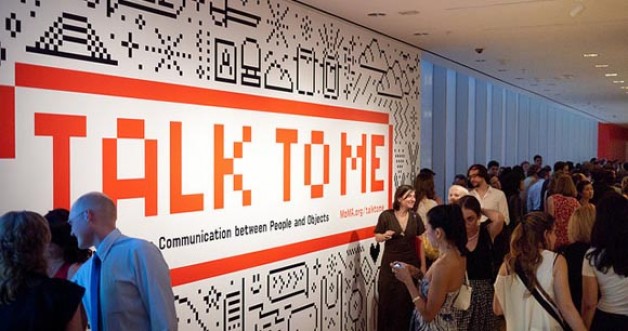In his Physics, Aristotle gives an account of the nature of motion. In the course of his discussion, he makes an interesting observation. He says that, while any motion involves the acquisition of some new “form” or “perfection,” it also involves a simultaneous loss of some sort. When a ball rolls down a hill, for example, it is no longer at the top of the hill, but rather at the bottom. It has lost the form or characteristic of being at the top of the hill and is now perfected or actualized in a new way by being at the bottom of the hill. Thus, it appears that, in any change, there is a both a gain and a correlative loss of some sort.
How does this Aristotelian notion apply to the modern notion of “progress?” Well, the term “progress” often communicates the idea of pure improvement or “acquisition.” We tend to believe that advances in technology, science, and medicine are entirely beneficial, without any drawbacks. Of course, when we compare the surgical techniques employed in the Civil War to those used in modern medicine, it would be silly to lament their loss; I have not encountered anyone given to bouts of nostalgia for leeches and bleeding. Man has certainly benefited from the advances made across a number of disciplines, but one must ask whether there has been some collateral damage along the way. I would like to suggest just one respect in which “progress” has had its drawbacks, along with a few ways in which we can respond.
With the advent of myriad new modes of social networking, communication has become easier and more instantaneous than ever. It is a great gift to have the means to rekindle old friendships, draw together distant family members, share information, etc. It is no secret, though, that in many cases the quality of conversation has declined. One need only think of the last conversation in which one’s interlocutor was giving half of his attention to multiple text messages. This is not to condemn new forms of social media in themselves; they can be used very effectively for any number of constructive projects. Yet, one must ask how these modes of communication can suitably complement human life as an integral whole.
In an address given to introduce the 43rd World Communications Day, the Holy Father said, “These technologies are truly a gift to humanity and we must endeavor to ensure that the benefits they offer are put at the service of all human individuals and communities…” In the same talk, the Holy Father stressed that the popularity of social media is due to man’s fundamental desire for communion and that, therefore, the use of such media ought ultimately to serve this authentic desire. To this end, I offer just three brief thoughts as to how one can improve the quality of communication.
First, it helps to be intentional about the ways we use these modes of communication. Oftentimes, we log in to Facebook or pull out an iPod or BlackBerry, just for the sake of burning an hour. It’s no surprise that, at the end of the hour, we’ve neither engaged in very meaningful communication, nor drawn closer to those with whom we’ve spoken. To counter this, it’s good to approach the task with a clear purpose in mind. While it is certainly enjoyable to look at pictures and multiply witticisms on the “walls” of one’s friends, this kind of communication is not always the most constructive. By approaching the task with a clearer purpose, we are more likely to engage in communication that is substantial.
Second, sometimes the best use of these media can be to know when they ought to be turned off. The example of the texting interlocutor is especially instructive. In trying to communicate with three different people at once, one often finds that he has effectively communicated with no one. Turning off the cell phone permits us to engage more wholeheartedly with the person set before us. In most cases, remote forms of communication ought to yield to more immediate forms; the more impersonal ought to give way before the more personal.
Finally, it can be beneficial sometimes to ascend the “communication ladder.” Modes of communication fall on a spectrum of intimacy or familiarity. That’s why a boyfriend who breaks up with his girlfriend by means of a text message is regarded as insensitive. The content of his message is too weighty for the mode he has chosen. When we find, however, that a particular message can be appropriately communicated in a number of different ways, we often choose the least personal to save time or effort. By ascending the “communication ladder,” we recognize that the other person is more important than our convenience, that interpersonal communion ranks higher than mere efficiency.
And so, while user-friendly and effective, the new modes of social communication can only serve an integral human existence if we become more mindful of how we use them. Hopefully, these small suggestions can help to make our “virtual” encounters more meaningful, personal, and authentically human, that they may foster, not frustrate, our “fundamental desire for communion.”
✠
Timo, A Woman Texting at the Opening of the “Talk to Me” Exhibit, Museum of Modern Art, New York City







